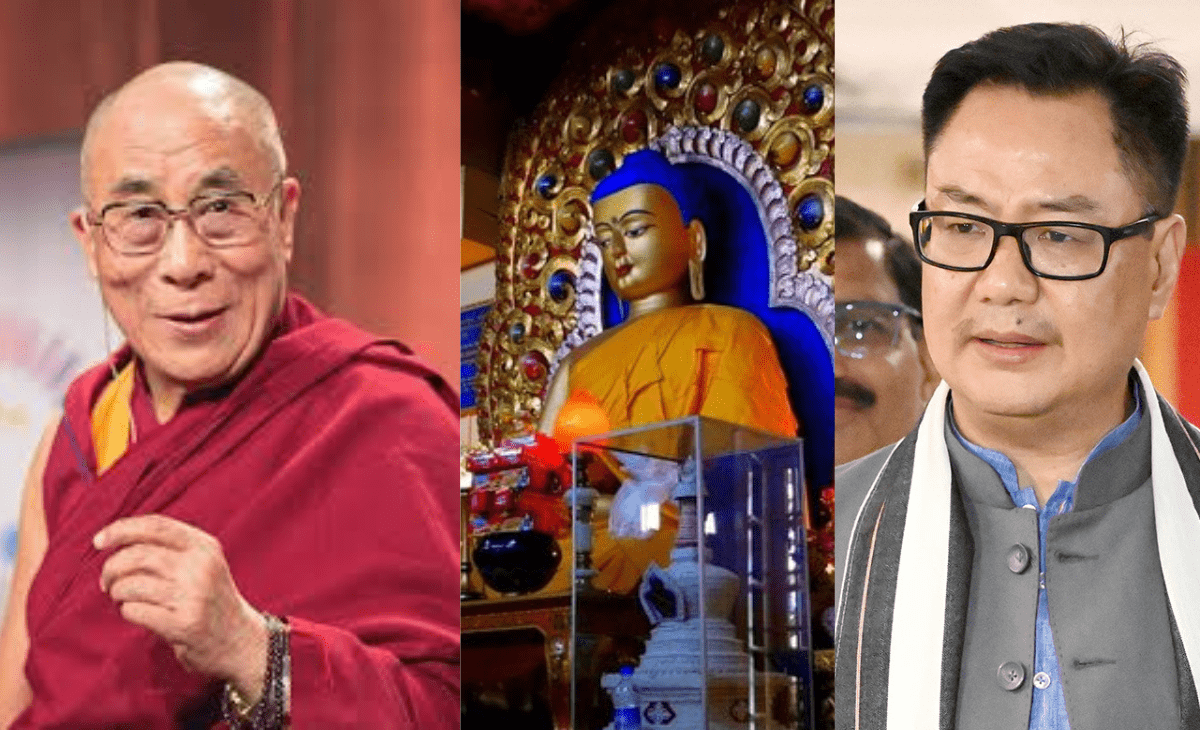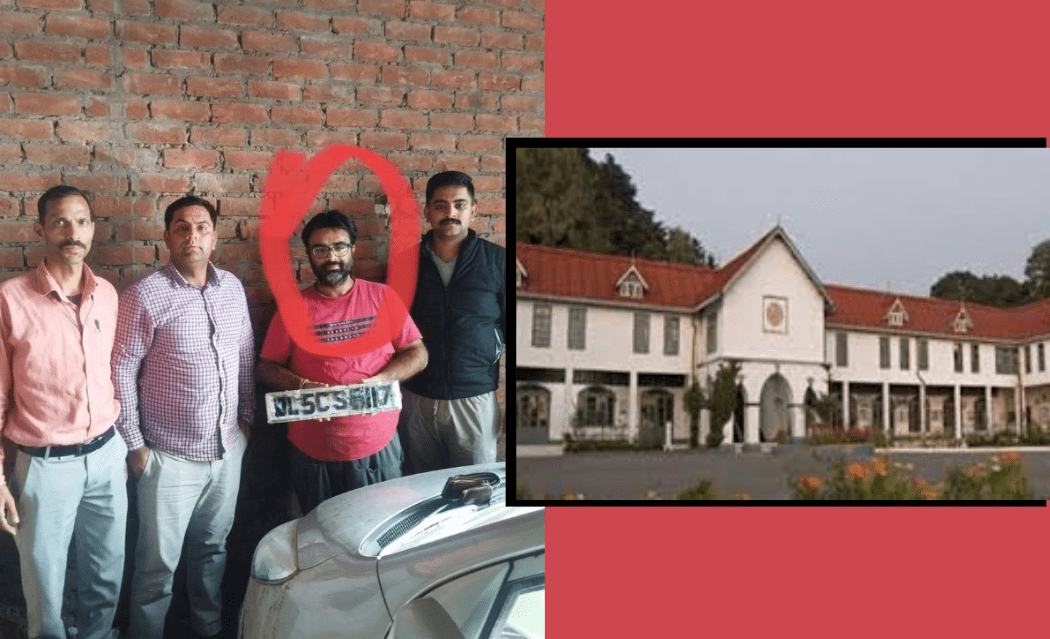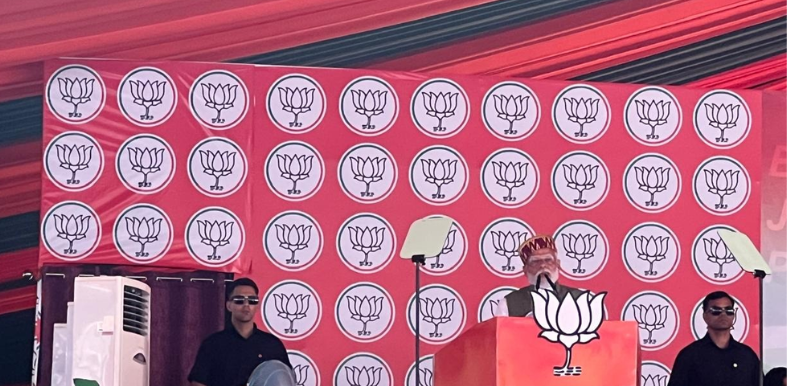Sunil Chadha
DHARAMSHALA: In a move that appears to target both China’s claim over Arunachal Pradesh and its attempt to control the future of Tibetan Buddhism, the Indian government has deployed Union Minister Kiren Rijiju, a native of Arunachal, to support Tibetan spiritual leader the Dalai Lama’s succession plan.
Rijiju will also attend the 90th birthday celebrations of the Dalai Lama in McLeodganj on Sunday (July 6, 2025). The symbolic gesture comes amid rising diplomatic friction over the Dalai Lama’s reincarnation issue, a sensitive topic that Beijing insists falls under its jurisdiction.
Rijiju, who hails from India’s easternmost frontier — a region China repeatedly claims as “South Tibet” — is a practising Buddhist and former Law Minister, currently serving as Minister of Minority Affairs and Parliamentary Affairs. He is an MP from Arunachal Pradesh and belongs to Nakhu village near the Nafra town in West Kameng district.
His public comments this week, asserting that only the Dalai Lama and his institution had the authority to choose his successor, ratifying the Tibetan spiritual leader’s claim, have sparked a sharp response from Beijing and added a new layer to the already complex India-China relationship.
Rijiju counters China’s religious control narrative
Speaking ahead of his visit to the Tibetan spiritual leader’s celebrations, Rijiju stated: “No one has the right to interfere or decide who the successor of the Dalai Lama will be. Only he or his institution has the authority to make that decision. His followers believe that deeply.”
This assertion directly challenges China’s official line, which claims that Beijing holds the final say on identifying the next Dalai Lama, citing historical traditions, Chinese law and the controversial ‘golden urn’ method used by imperial courts.
In contrast, Rijiju backed the Gaden Phodrang Trust, the Dalai Lama’s own institution, which has declared that his reincarnation would occur outside China and will not be subject to state interference.
Beijing reacts strongly, India treads diplomatic line
China’s Foreign Ministry, through spokesperson Mao Ning, urged India to be cautious, saying: “India should clearly understand the anti-China separatist nature of the 14th Dalai Lama and honour its commitments on Tibet-related issues.”
The statement underlines Beijing’s long-held position that the Dalai Lama is a “separatist” and that all matters related to Tibet, including religious succession, fall under Chinese sovereignty. Mao reiterated that the reincarnation of both the Dalai Lama and Panchen Lama must follow “religious rituals, historical conventions, and approval by the central government”.
The issue emerges at a time when India-China relations, which nosedived after the 2020 Galwan Valley clashes, are gradually thawing. Recent signs of detente include Prime Minister Modi’s meeting with President Xi Jinping on the sidelines of the BRICS summit in Kazan last year and the resumption of the Kailash Mansarovar Yatra for Indian pilgrims, a long-standing demand that China finally accepted this year.






